Lifestyle
15 Weight Loss Hacks Backed by Science You Can Try Today
By Jake Beardslee · April 29, 2024
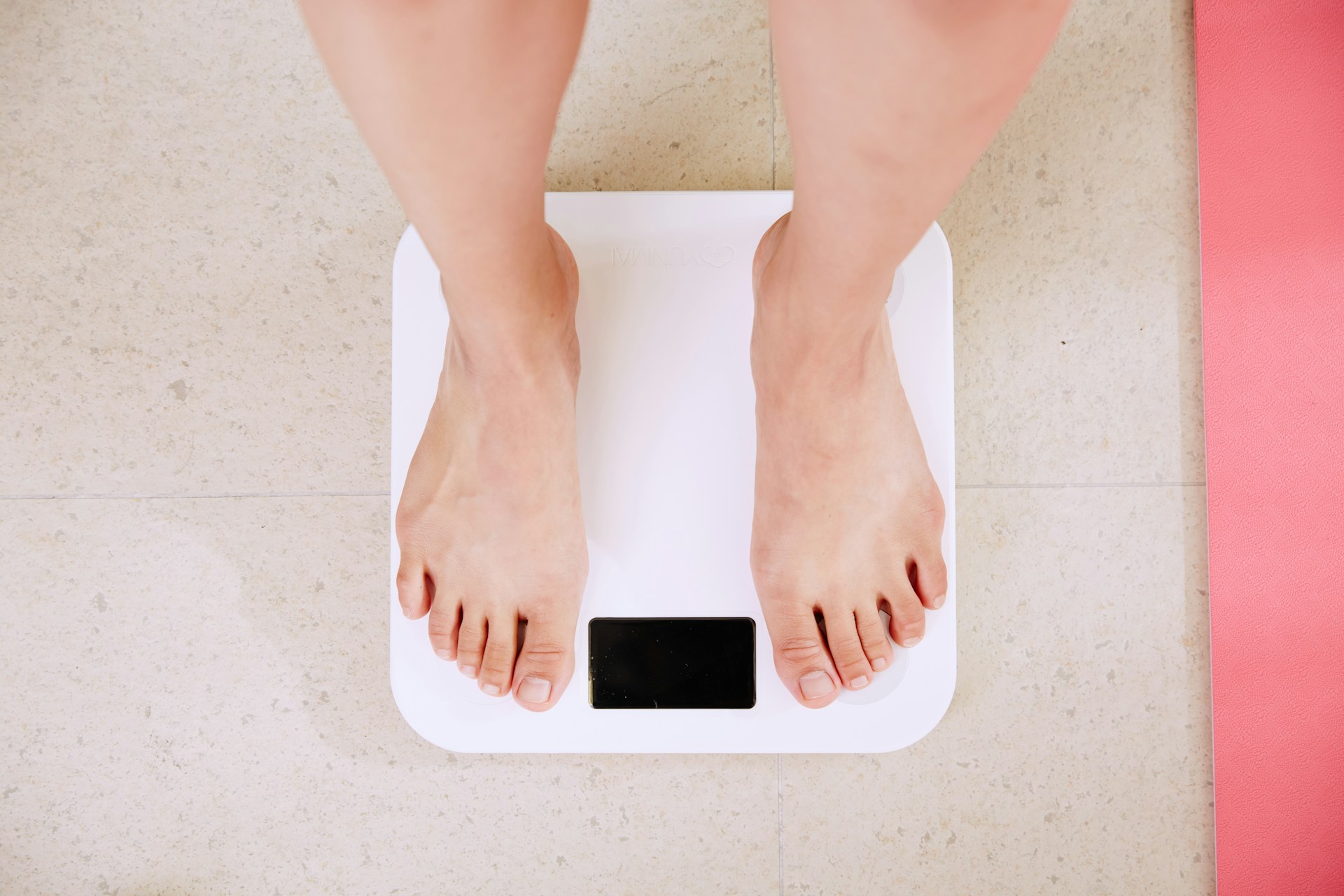
From staying hydrated and getting enough sleep to practicing mindful eating and managing stress, there are numerous practical strategies that can help boost metabolism, control appetite, and support long-term weight loss success.
Let's explore 15 weight loss hacks that can empower you to take control of your health and reach your desired weight goals in a sustainable and holistic manner. i yunmai/Unsplash

1. Stay Hydrated for Enhanced Metabolism
Drinking water is not only crucial for hydration but also enhances metabolism. Studies suggest that drinking water can increase the number of calories you burn, known as resting energy expenditure. Drinking water before meals can also lead to reduced calorie intake as it gives a sense of fullness, making it a practical weight loss strategy. engin akyurt/Unsplash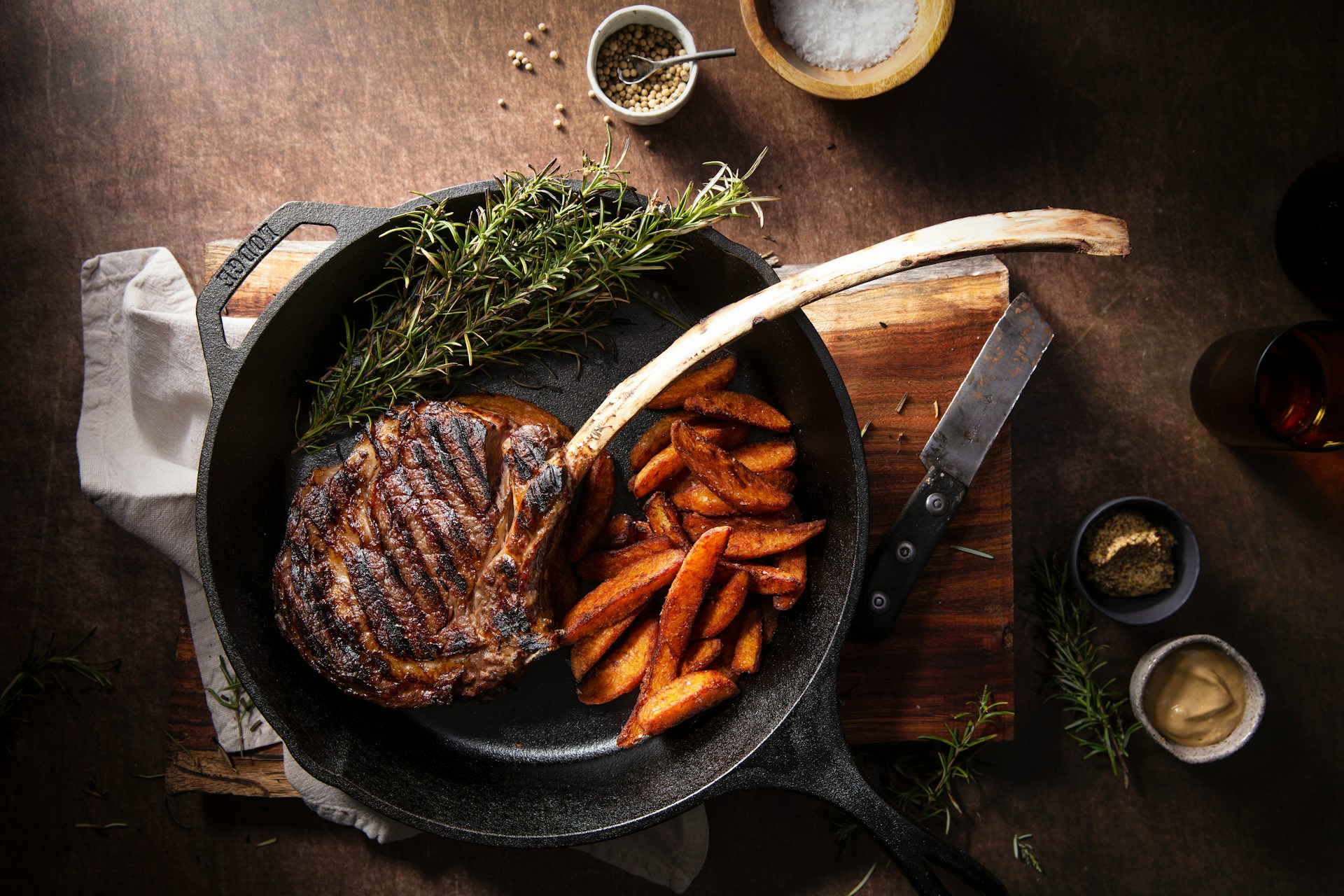
2. Boost Protein Intake to Reduce Appetite
High-protein diets are renowned for their appetite-reducing effects, which can facilitate weight loss. Proteins affect several hormones that play a role in hunger and fullness, including ghrelin and GLP-1. Increasing protein intake can boost metabolism and reduce appetite, which may lead to automatic calorie reduction without the need to consciously control portions. Madie Hamilton/Unsplash
3. Optimize Your Sleep to Control Hunger Hormones
Poor sleep is a major risk factor for weight gain and can sabotage your diet and fitness goals. Inadequate sleep can disrupt appetite-regulating hormones like leptin and ghrelin, leading to increased hunger and appetite. Ensuring 7-9 hours of quality sleep can enhance long-term weight loss success. Shane/Unsplash
4. Practice Mindful Eating to Prevent Overeating
Mindful eating involves focusing on the present moment and acknowledging your feelings, thoughts, and bodily sensations related to food. This practice can help you enjoy meals more and maintain portion control, potentially leading to weight loss and improved relationship with food. Pablo Merchán Montes/Unsplash
5. Incorporate Regular Physical Activity
Combining aerobic exercise with strength training can increase the number of calories burned, both during and after exercise, promoting weight loss. Regular physical activity is also crucial for maintaining muscle mass and metabolic rate during weight loss. Victor Freitas/Unsplash
6. Use Smaller Plates to Trick Your Brain
Using smaller plates can help control portions and reduce food intake without feeling deprived. This visual cue makes the plate look full and less food look like more, thus helping to eat less without feeling deprived. Kim Cruickshanks/Unsplash
7. Manage Stress to Avoid Emotional Eating
Chronic stress may trigger overeating and cravings for unhealthy foods. Managing stress through techniques like yoga, meditation, or deep breathing can mitigate the stress response and reduce the likelihood of stress-induced eating. Christian Erfurt/Unsplash
8. Limit Sugar and Refined Carbs for a Healthier Diet
Sugar and refined carbs can spike blood sugar levels and lead to increased fat storage. By cutting back on these foods, you can reduce appetite and carbohydrate intake, leading to automatic weight loss. Myriam Zilles/Unsplash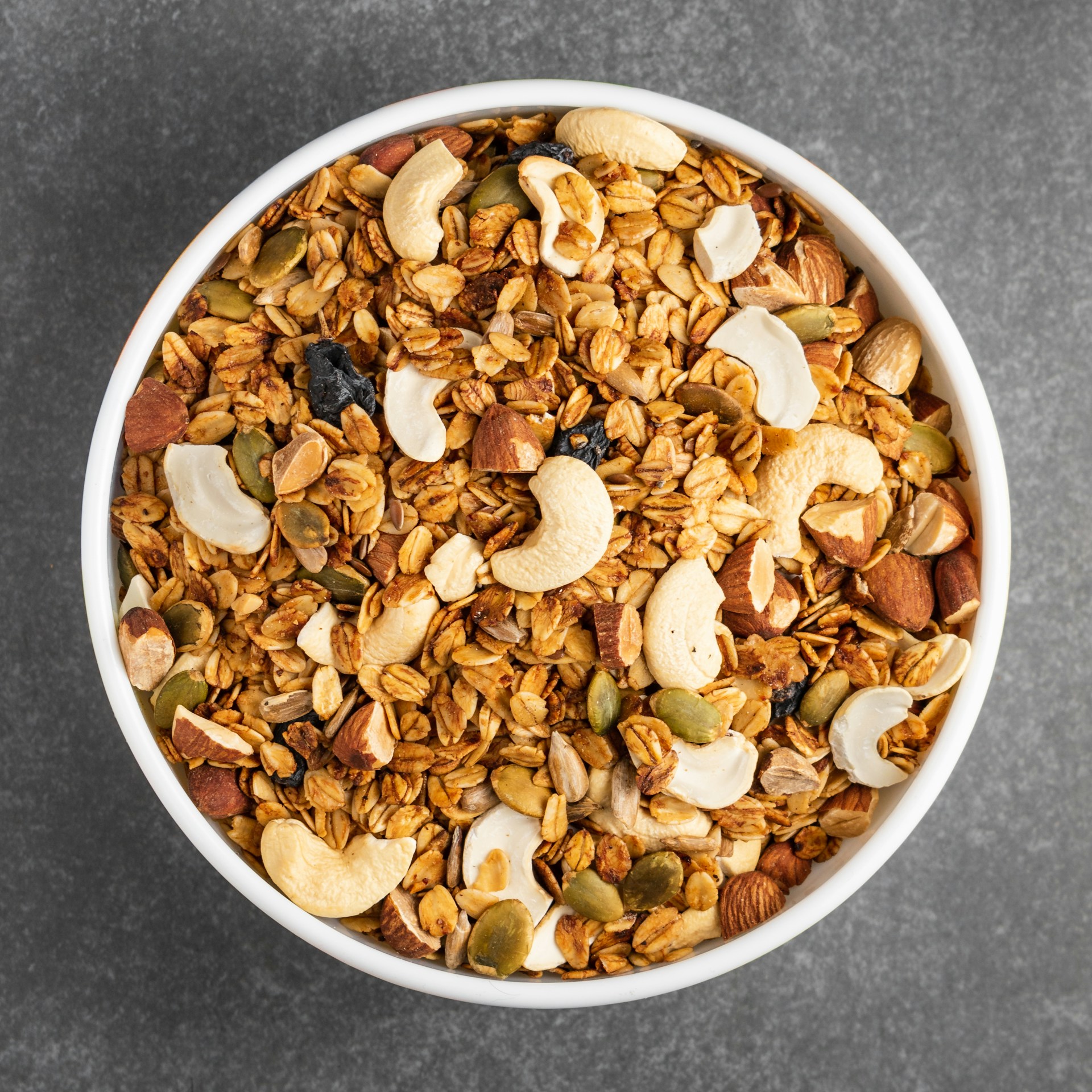
9. Eat Plenty of Fiber to Increase Satiety
Foods high in fiber can increase feelings of fullness, helping you control hunger and calorie intake. Fiber-rich diets are also linked to lower body weight and reduced risk of chronic diseases. ABISHEK HAJARE/Unsplash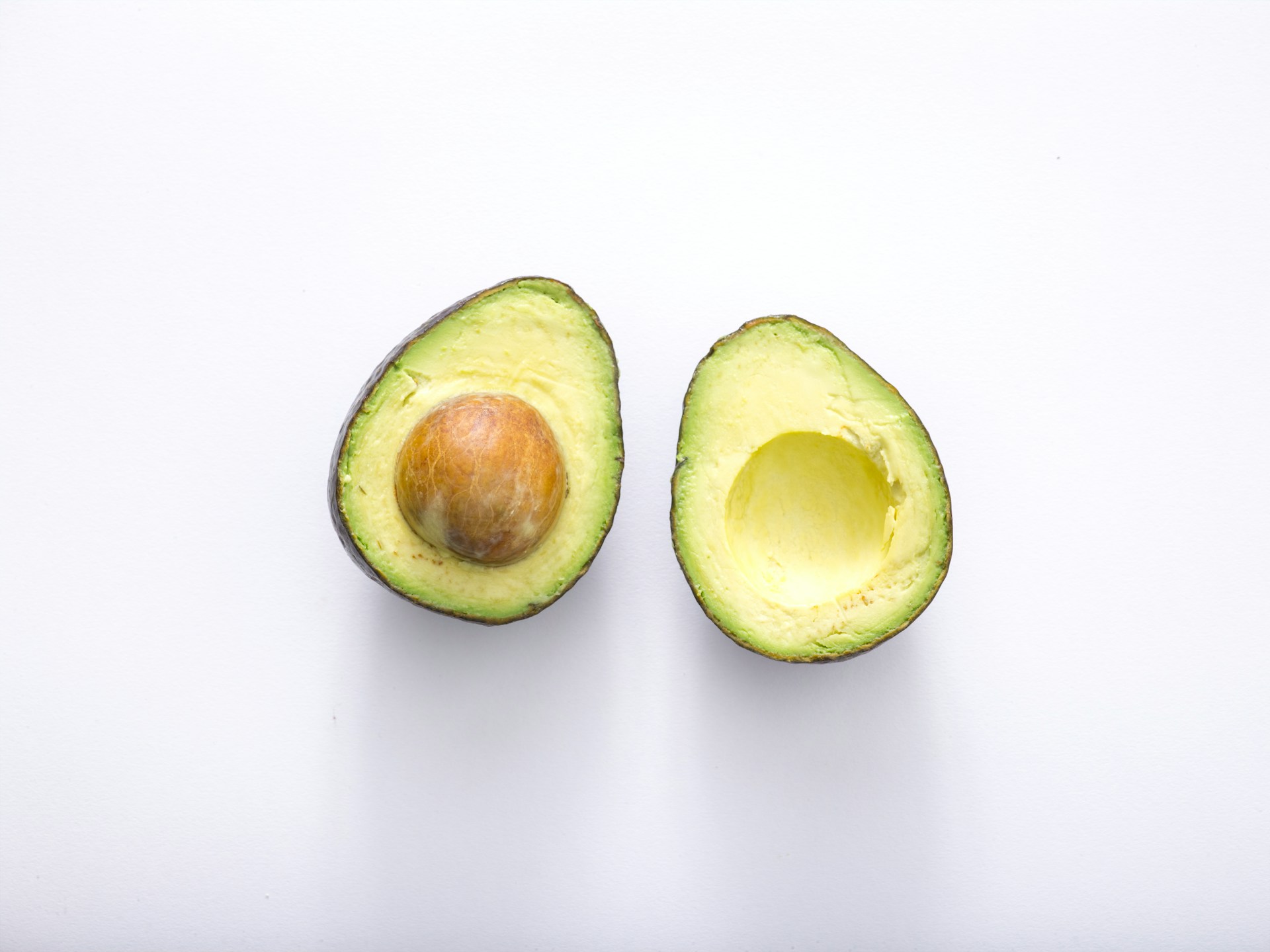
10. Include Healthy Fats in Your Diet
Despite being calorie-dense, healthy fats like those found in avocados, nuts, and olive oil can help you feel full longer. Incorporating healthy fats into your diet can prevent overeating by increasing satisfaction after meals. Thought Catalog/Unsplash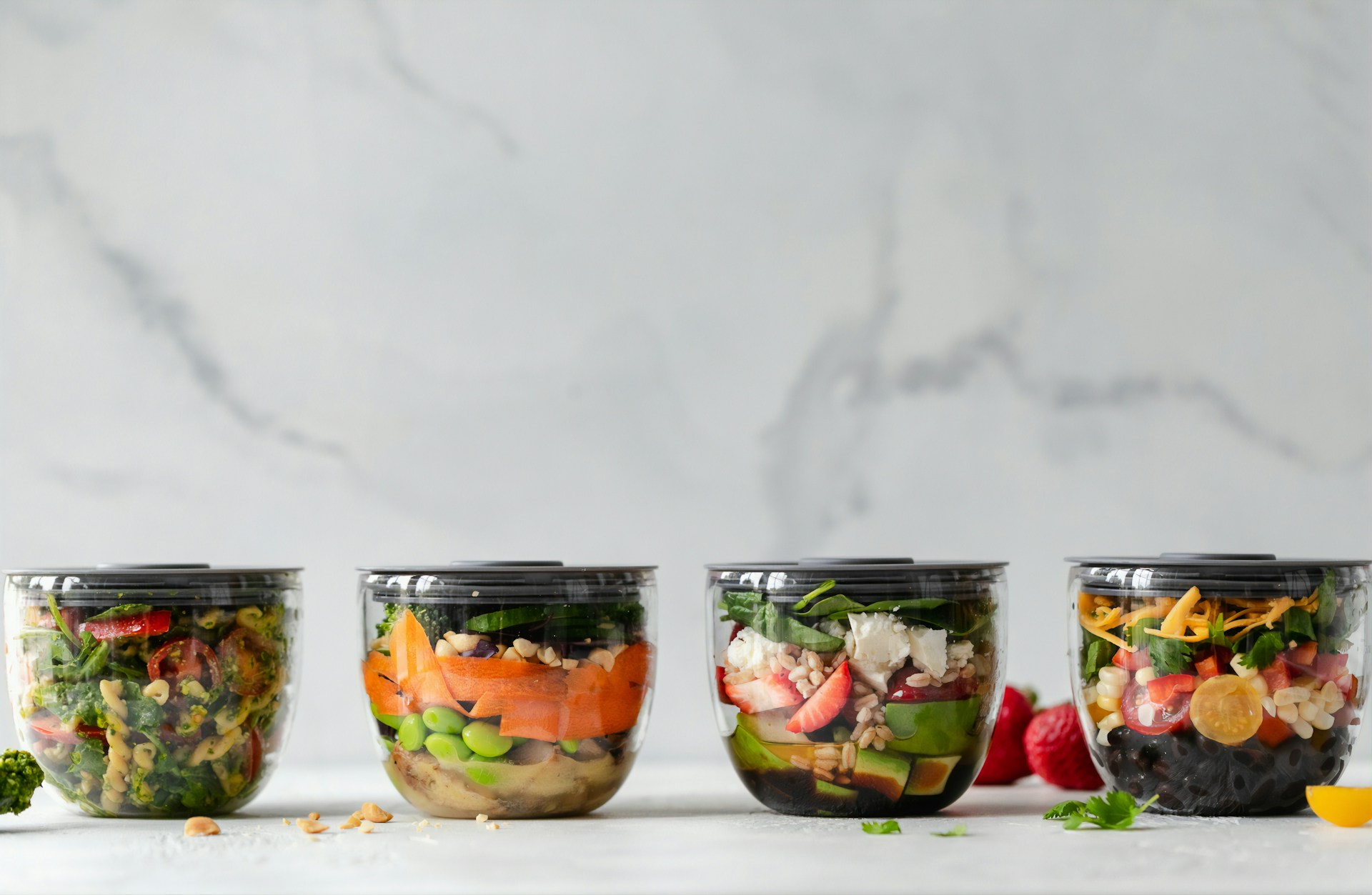
11. Plan Your Meals to Avoid Impulse Eating
Meal planning can help you control your diet by enabling you to make healthier choices ahead of time. This reduces the likelihood of impulsive eating of high-calorie foods and can help maintain a healthy weight. S'well/Unsplash
12. Track Your Diet and Exercise to Stay on Target
Keeping a food diary and a log of your physical activity can help track your progress and make adjustments to your diet and exercise plan as needed. This accountability can be a powerful tool for weight management. Sixteen Miles Out/Unsplash
13. Practice Portion Control to Avoid Overeating
Understanding and controlling portion sizes is essential for weight loss. Using measuring cups and food scales can help you learn accurate portion sizes and prevent calorie overconsumption. charlesdeluvio/Unsplash
14. Avoid Liquid Calories to Cut Unnecessary Sugar
Beverages like soda, coffee drinks, and alcohol can add a significant amount of sugar and calories to your diet. Cutting these from your diet can drastically reduce calorie intake and help manage weight. Alexandra Nosova/Unsplash
15. Seek Support to Boost Your Weight Loss Journey
Joining a support group or participating in a community with similar weight loss goals can provide motivation and enhance adherence to your weight loss plan. Social support can be a key factor in successful weight loss. Hannah Busing/Unsplash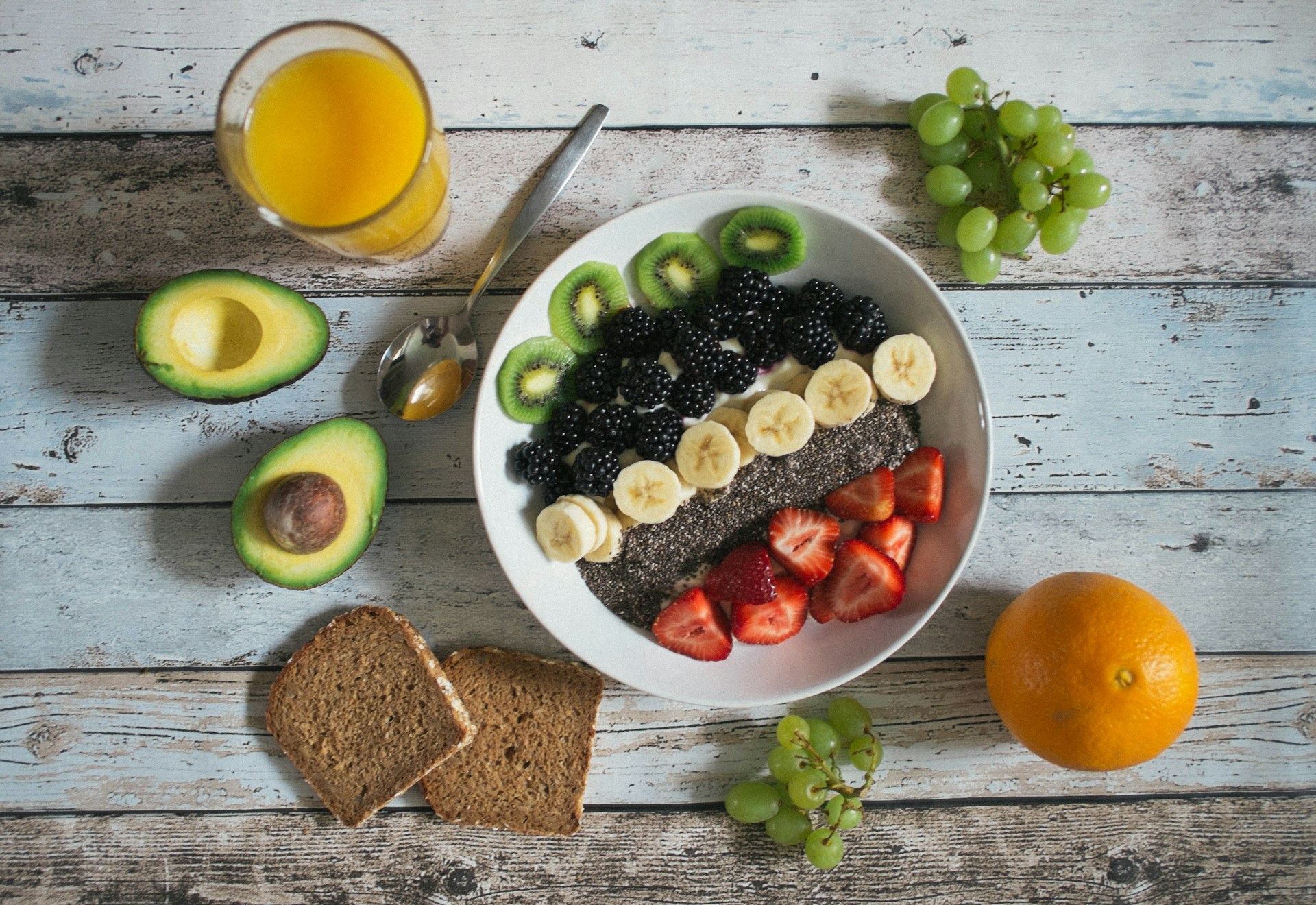
By implementing the 15 practical tips outlined in this guide, you can cultivate sustainable habits that support a healthier lifestyle.
Remember, weight loss is a journey, and progress may come gradually. Remain patient, seek support when needed, and celebrate each small victory along the way. Jannis Brandt/Unsplash